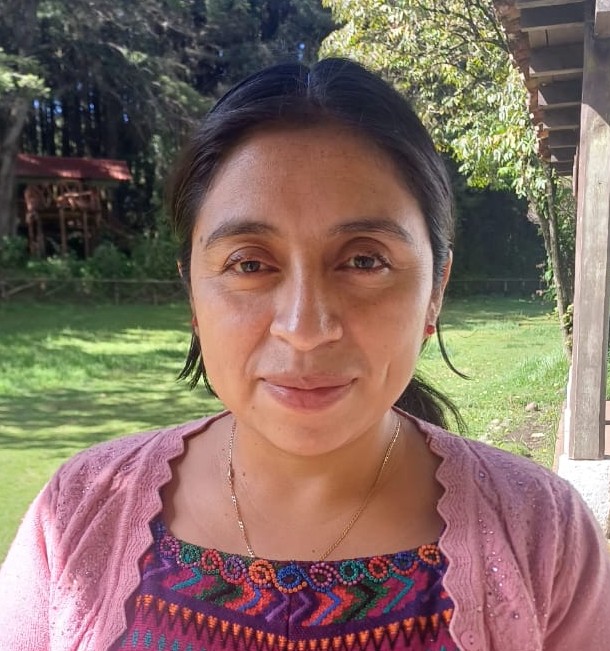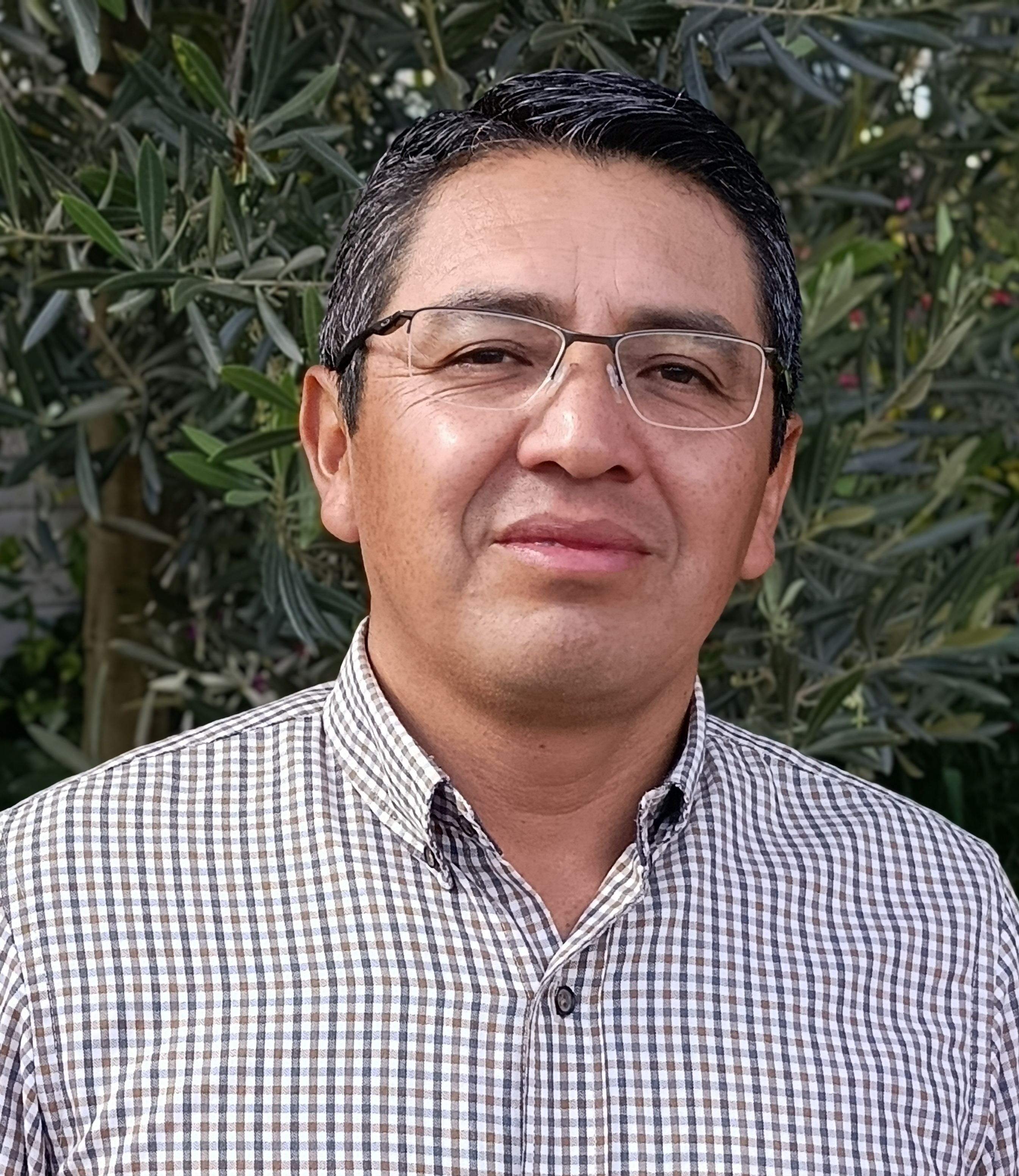10/10/2025
11:00 - 12:00
IUCN - The Americas - Room 1
, Onsite
Why attend
A case study of ecosystem-based adaptation will be presented. The implementation strategy is discussed by a producer, a grassroots organization, and a technician. The case study shows interventions with Indigenous peoples and how the resilience concept is implemented. Government representative will discuss how it is scaled-up into public policies.
Session Description
This session will present the intervention approaches of the Resilient Highlands project (GCF, KOICA) to increase resilience in communities and livelihoods in Guatemala. The approach --presented by key stakeholders-- consists of the integrated water resources management (IWRM), ecosystem restoration, and the provision of climate information. Integrated watershed management is implemented through two grant programs, with the involvement of local organizations. The grant program has prooved to be a valid instrument to reach the indigenous population and incorporate local knowledge for climate change. The national rural extension system is also a mean for reaching local producers. In addition, climate early warning systems has been desaiged to provide seasonal forecast information to producers. The early warning system is a novel way of providing information to agricultural producers. The session will conclude with comments on how actions can be scaled-up at public policy level, and how donors can capitalize on lessons learned on adaptation.Organised by
Mexico, Central America and the Caribbean Region
Partners
Instituto Nacional de Bosques ( Guatemala )
Fundación para la Conservación de los Recursos Naturales y Ambiente en Guatemala ( Guatemala )
Asociación de Cooperación para el Desarrollo Rural de Occidente ( Guatemala )
KOICA
GCF
Speaker
Oficial técnico en adaptación al cambio climático y restauración del paisaje for, UICN





